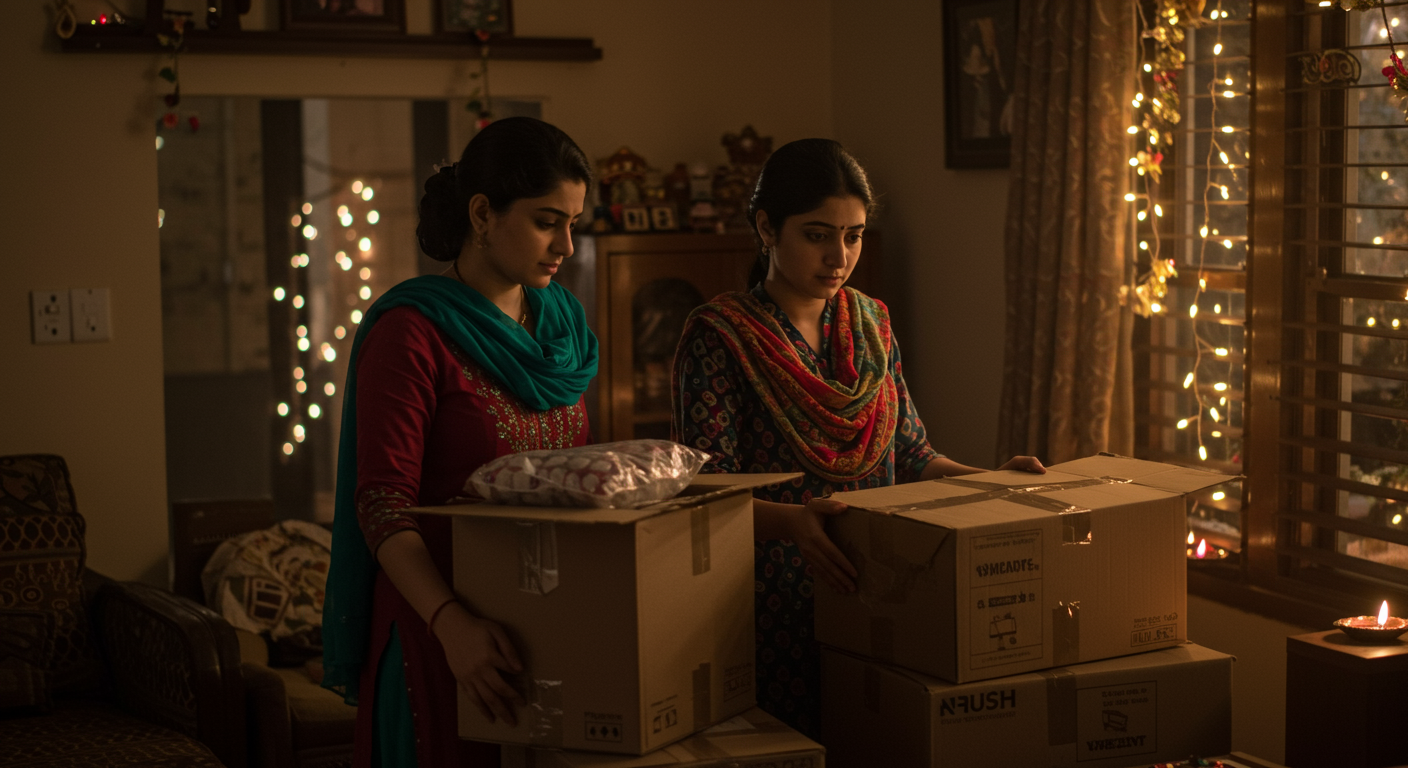
I was deeply moved to read about Muskan Rastogi's family, forced to put their house on sale and leave Meerut simply because "no one visited this Diwali" ‘No one visited this Diwali’: Family of Muskan Rastogi puts house on sale; plans to leave Meerut. This isn't an economic migration, but a forced exile driven by a silent, yet devastating, social boycott. It highlights a painful truth about our communities: that belonging can be withdrawn, and home can become an unbearable place.
This situation immediately brought to mind my earlier reflections on migration. In my blog, "Migrants : Economic vs Persecuted," I discussed the plight of individuals seeking better lives in Western countries, often labeled as economic migrants and facing repatriation. The Rastogi family’s experience, while internal, echoes the same fundamental struggle: the search for acceptance and a place to truly belong when your current environment becomes hostile. The article noted the "reluctance of host countries to embrace these individuals"; here, it's the reluctance of their own community. The core idea I wanted to convey then, and which feels validated now, is that compassion and understanding are vital in integrating any group of individuals, whether they cross international borders or are simply seeking solace within their own land.
I also recall my thoughts in "Costa Rica to Receive illegal Indians from United States," where I spoke of the need for "comprehensive strategies from home countries like India to manage the diaspora's legal status, remigration facilitation, and the systemic factors driving such migration patterns." While that blog focused on policy and economic incentives, the underlying principle is transferable. Here, the systemic factor driving the Rastogi family's move is a breakdown in community empathy and social justice. We need mechanisms not just for formal immigration, but for informal social integration, for fostering understanding, and for challenging the kind of collective judgment that leads to such heartbreaking isolation.
The absence of visitors during Diwali, a festival of light and togetherness, is a poignant symbol of this profound isolation. It underscores the urgent need to revisit how we define community, how we extend empathy, and how we protect those who, through no fault of their own, become targets of societal shunning. My earlier insights on the human cost of displacement, whether economic or social, resonate with a renewed urgency today. It is a reminder that societies thrive not just on economic progress, but on the strength of their social fabric and the warmth they offer to all their members.
Regards, Hemen Parekh
Of course, if you wish, you can debate this topic with my Virtual Avatar at : hemenparekh.ai






No comments:
Post a Comment